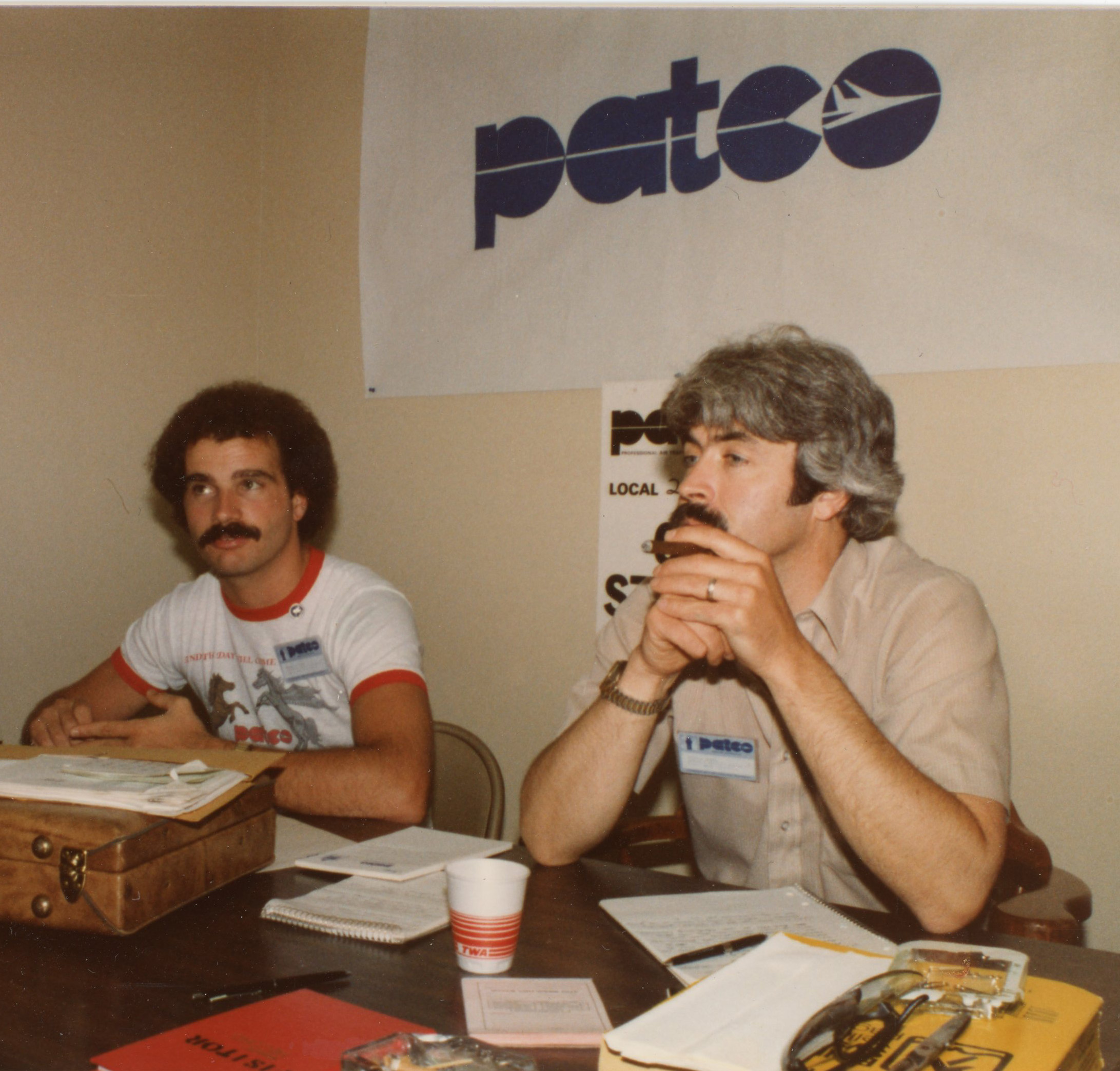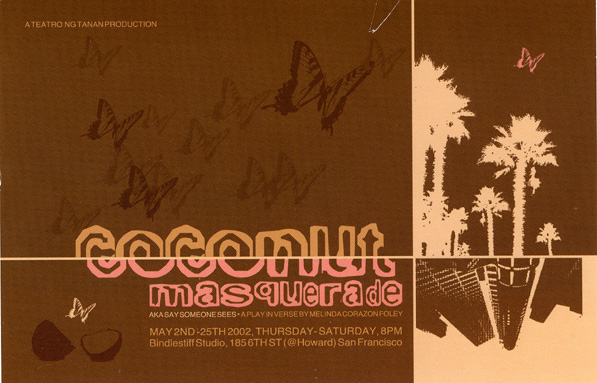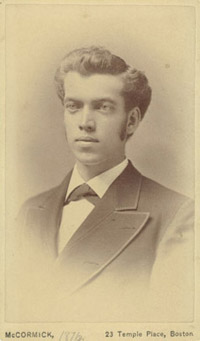Planning Services Group Records
An urban planning firm based in Cambridge, Massachusetts, that assisted New England cities and towns with initiating and managing urban development projects. The firm had two main types of contracts, urban renewal and comprehensive community planning, and many of their projects were supported with funds designated by the Federal Housing Act of 1949.
Includes organizational histories, memoranda, correspondence, proposal guidelines, materials for citizen participation, job inventories and reports, brochures that document urban growth management and the problems of suburbanization in New England, background studies, planning reports, growth management policies, zoning bylaws and amendments, and the files of Katharine Kumala.



